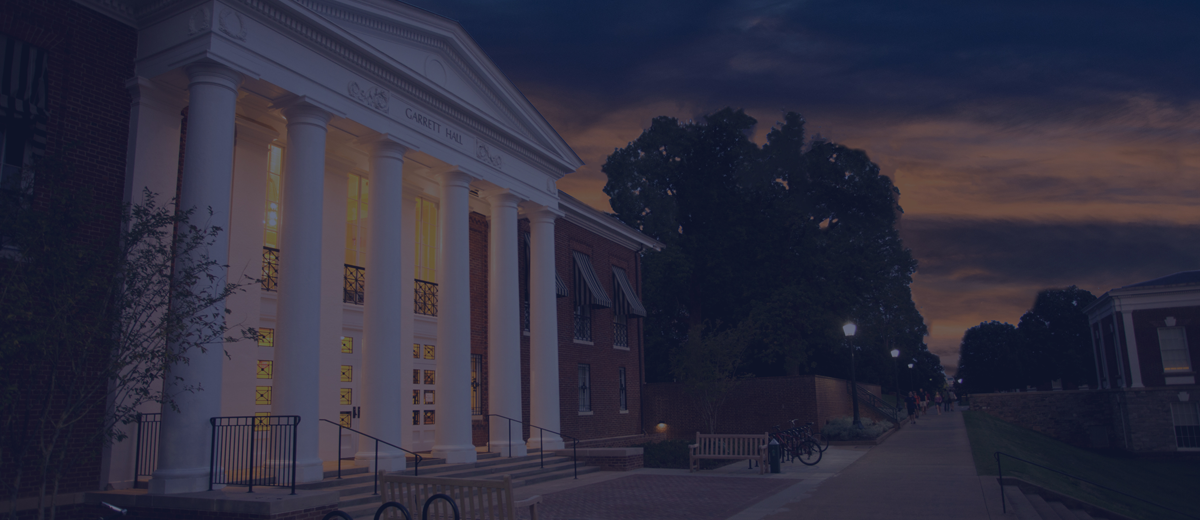Summer Savior: Students Flocking to Weldon Cooper Center's Clean Energy Initiative

Neha Awasthi thought she was all set for the summer.
The rising third-year civil and environmental engineering student from Aldie was looking forward to a summer internship at a transportation planning and engineering firm. The 10-week program was set to begin in late May and run through early August.
But when COVID-19 hit, Awasthi’s plans – like those of many students at the University of Virginia and around the world – were dashed.
Enter UVA’s Weldon Cooper Center for Public Service.
Related Content
William Shobe

